Ways to Stay Healthy in Retirement


Find a New Purpose
When you retire, you don’t just leave a job. You enter a new stage in your life. If you do something you find meaningful, you’ll be happier and healthier. Volunteer at a hospital or library. Take part in projects at your house of worship. Tutor kids who need help in school. Care for animals in a shelter. Help assemble gift boxes for soldiers overseas. Long-term, this can help both your mind and body.

The Right Surroundings
Where you live can help set you up for good health. If you want clean air, you have a variety of choices, like Melbourne, FL; Elmira, NY; Pueblo, CO; and Salinas, CA. You can exercise outdoors amid the mountains of Boulder, CO, the seacoast of Portland, ME, or the sunshine of Tucson, AZ. For top-notch medical care, it can be good to live near Cleveland, Boston, Baltimore, Houston, New York City, or Rochester, MN.

Man’s (or Woman’s) Best Friend
A dog gives you unconditional love and more. Just 15 minutes with Fido can lower your blood pressure, heart rate, and stress level. Over time, a faithful companion can help cut your cholesterol, fight depression, and keep you active. Having a cat can also help lower your blood pressure and stress levels.

Healthy Food
You’re more likely to have problems linked to nutrition, like weight loss or a lack of certain vitamins, as you age. So a balanced diet of protein, fat, and carbs is more important than ever. Cut down on packaged foods, because they have lots of salt, which can raise your blood pressure. One good option is to eat like people in Greece and its region: lots of fruit, veggies, whole grains, and olive oil.

Get Out of the House
An active lifestyle can help you be happier, live longer, and lower your chances of some ailments, like dementia. Play cards with friends. Travel with a seniors group. Reconnect with friends from high school or college. If you have a hobby -- like reading, knitting, or gardening -- join a club that focuses on it.
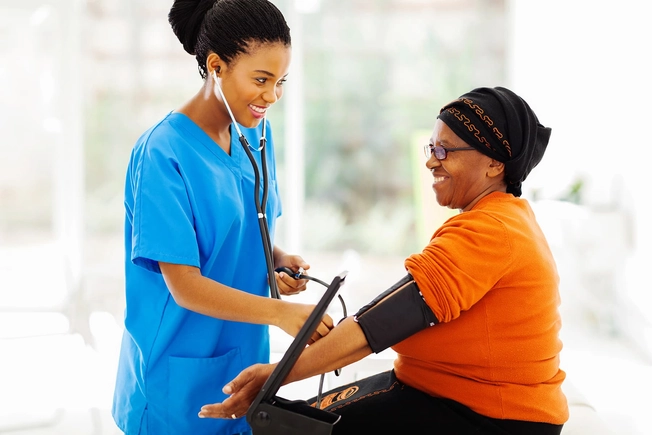
Keep Tabs on Your Health
Regular medical checkups are a must. Your doctor can help you guard against a heart attack or a stroke by watching your blood pressure and cholesterol. Timely shots help protect you from the flu and other illnesses. If you’re a woman, you need tests for breast and cervical cancers; if you’re a man, your doctor can help you decide about a prostate cancer test.
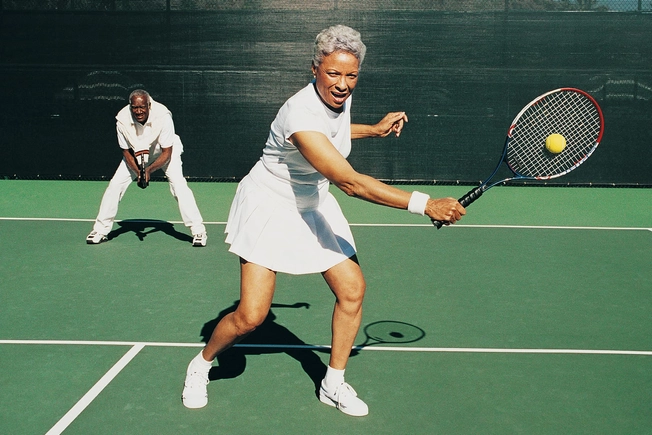
Exercise for Fun and Fitness
Being active not only gives your health a boost, but it also helps you stay independent as you age. Pick something you enjoy so you’ll keep doing it. Aerobic exercise, like walking, swimming, or dancing, can give you more energy and help keep your mind sharp, too. Exercises with weights or bands can build your strength. Yoga keeps you flexible. If exercise is new to you, ease into it, and check with your doctor first.

Behind the Wheel
With time, changes in your eyesight, physical fitness, and reflexes can affect how well you can drive. Your safety depends on keeping track. Can you see road signs clearly? Are you limber enough to turn around and check traffic behind your car? Does traffic confuse you? Your doctor may be able to help with issues like these. And groups like AARP and AAA offer classes to help you measure and beef up your skills.

Bone Health
If you’re a woman, your bones need a boost. The changes in your hormones after menopause can make them more brittle, a condition called osteoporosis. To fight that, make sure your diet gives you plenty of calcium, the bones’ key building block. Good sources include broccoli, spinach, and low-fat or nonfat milk and yogurt. When you reach 65, have your doctor check your bones with a DEXA test -- a low-dose X-ray. Osteoporosis can be an issue for men too, but there are no formal screening guidelines.
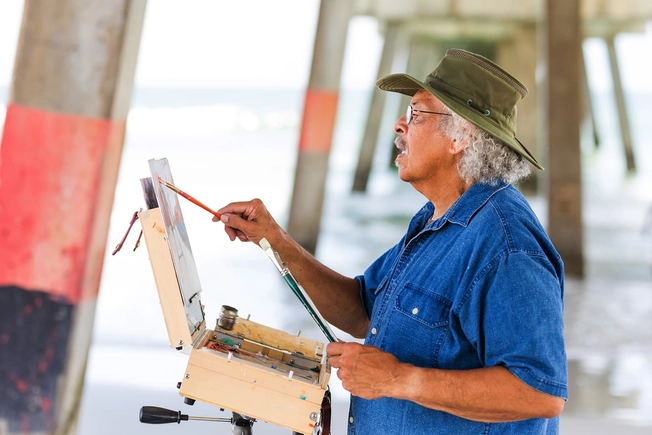
Stimulate Your Mind
Your brain needs exercise, just like your body. Read, do puzzles, play a musical instrument, or pick up an old hobby. Take a class in a subject you’re curious about, like cooking or computers. Using your creative side, through things like painting and gardening, can help your brain stay healthy, too. For example, an acting course may boost your memory and your problem-solving skills.
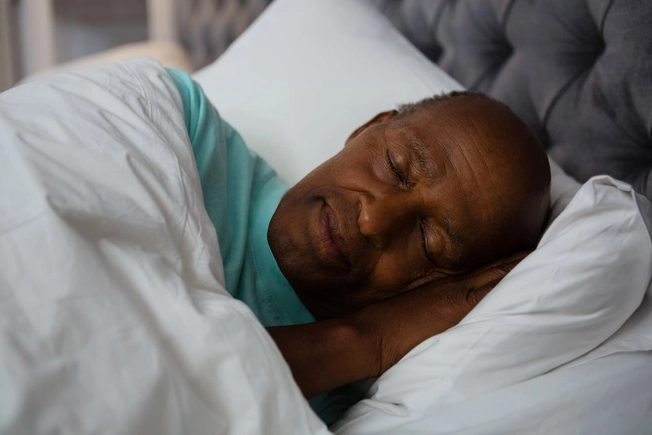
Get Your 40 Winks
It may get harder for you to sleep through the night as you get older. You might need to pee or to shift in bed so a joint stops aching. But you can take steps to help. Stop drinking liquids 2 hours before bed. Don’t have any caffeine within 8 hours of bedtime. Make your bedroom as dark as possible. During the day, limit naps to 10 or 20 minutes. To help with aches, ask your doctor if you should take a painkiller when you turn in.
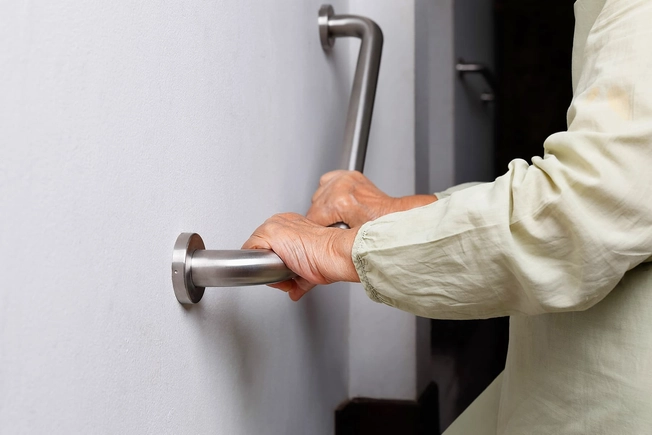
Safety Around the House
Household accidents become more dangerous as you age. Get nonslip mats for your bathroom floor and tub. Fix frayed rugs or carpets. Be sure there’s plenty of light. Fasten down loose cords. If your home has stairs, put handrails on both sides and put anti-skid strips on the steps.

Intimacy
Physical changes can make sex fade from your life. But you can get the sizzle back. First, each of you should talk about your feelings and concerns. Reassure your partner that you’re still attracted to them. Hand-holding and massages are good ways to reconnect. If there’s a physical problem, like erectile trouble, see your doctor.
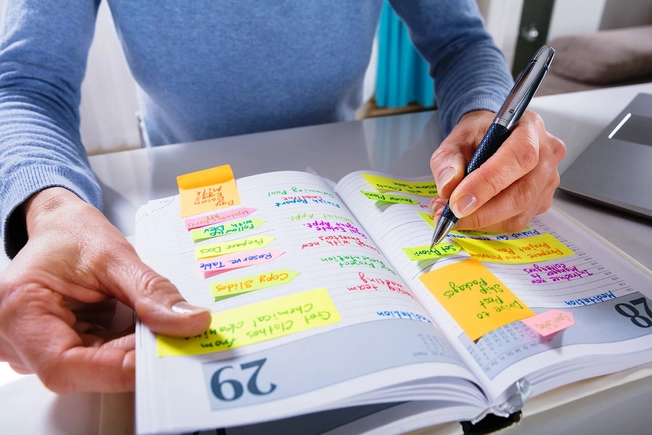
Manage Your Time Well
One of the main joys of retirement is having time on your hands. You can do what you want, when you want. Researchers have found that retirees are happiest when they plan how to spend their time and make the most of it. If you manage it well, that can pay off even if you don’t have lots of time to spare. And it can keep you from being bored.

Is ‘Work’ a 4-Letter Word?
Working after you retire can keep your memory and brainpower in shape, not to mention your pocketbook. If you enjoyed your old job, do a scaled-down version of it. That’s an option for professions ranging from bookkeeping to home health to home repair. Or this could be your chance to try that job you always wondered about. Second careers are sometimes the most rewarding.
